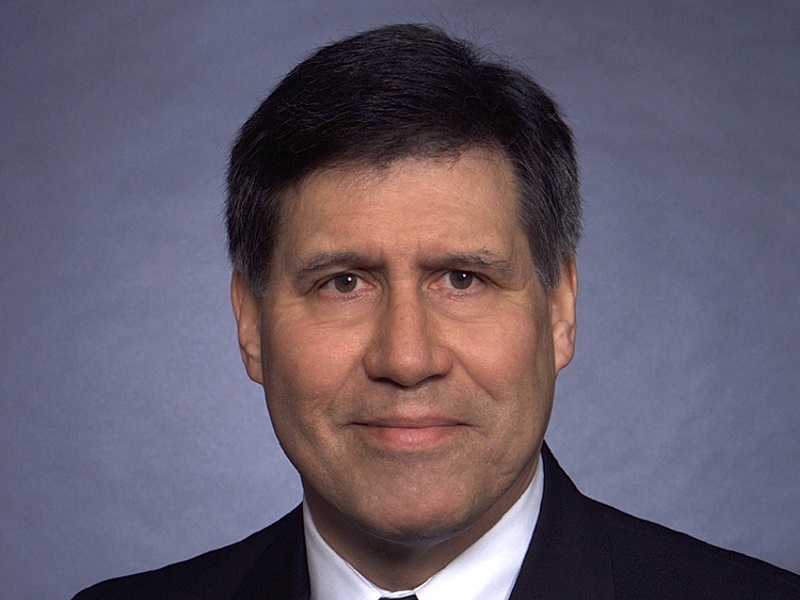UW Regents Elect First Native American President
Edmund Manydeeds is new president of UW System Board of Regents.
Edmund Manydeeds will serve as president of the University of Wisconsin System Board of Regents for the 2021-2022 school year.
Manydeeds, an attorney in Eau Claire, was the first Native American member of the Board of Regents when he was appointed to his first term in 2010. He is an enrolled member of South Dakota’s Standing Rock Sioux tribe. He received his bachelor’s degree from UW-Superior and his law degree from UW-Madison.
The 18-member Board of Regents sets policy and regulations for the UW System’s 13 universities and 26 campuses, and elects its presidents for a single-year term beginning immediately after the annual June meeting. Manydeeds was elected, 10-8, over fellow Regent Michael M. Grebe, the outgoing board vice president. It was the first contested board presidential election in nearly a decade.
Manydeeds will oversee the search for a new UW System president, a role currently held by interim president and former Gov. Tommy Thompson, as well as a cautious return to more fully in-person education and campus life at the system’s 13 universities.
“The search for the next president of the system has to be inclusive,” he said. “It has to include members of not only the regents, but the chancellors, the faculty, the staff, the students, all our shareholders, people that are involved in the system and are partners with us, at some level of the search.”
Manydeeds’ service on the board has spanned three governors, from his initial appointment by Gov. Jim Doyle through the election of Gov. Scott Walker, and then his reappointment in 2019 by Gov. Tony Evers. Evers has named nine regents to the board, with the remaining seven appointees made under Walker. Two regent spots are not appointed, but instead go to the superintendent of the Department of Public Instruction and the head of Wisconsin’s technical colleges.
Walsh, director of the human and animal health and welfare-focused Berbeewalsh Foundation, was elected board vice president, running uncontested. Walsh is a former employee of Wisconsin Public Radio.
Regent Hector Colon, who seconded Manydeeds’ nomination, highlighted Manydeeds’ record of working well with others in shifting political environments.
“He wants to listen, collaborate, and co-create the future with his colleagues on the board, the president, the faculty, the provosts, the chancellors,” said Colon. “I think this is a great recipe for success, where we can get buy-in, elicit creative ideas, and ultimately execution of moving this system forward.”
Listen to the WPR report here.
UW System Board Of Regents Elects First Native American President was originally published by Wisconsin Public Radio.






















I am left wondering why Atty Manydeeds’ Native American ancestry is literally “headline news” and also leads the body of the stroy. We are informed that Manydeeds won what was the first contested board presidential election in nearly a decade. Wouldn’t knowing more about what caused the election to be contested be more relevant than the ethnic heritage of one of the candidates?
TRMott: I think I can help answer your “why” question. In a basic way, I think a big part of that answer can be summarized in one word: history. The belief that we have to deal with the past if we are ever going to move forward, and that includes the shameful parts of our past. There are important legacies of that past, especially for Black and Native American people, 90% of whom were wiped out in what can only be defined as a genocide. “Just get over it” won’t work. (Conversely, neither will seeing coming to grips with our history as a process of backward-looking guilt trips. Blaming and repairing damage that has been done don’t go together.)
In this sense, the reason that someone is “the first…,” even coming well into the 21st century, is important because it is a small, but important, sign of progress. A building block.